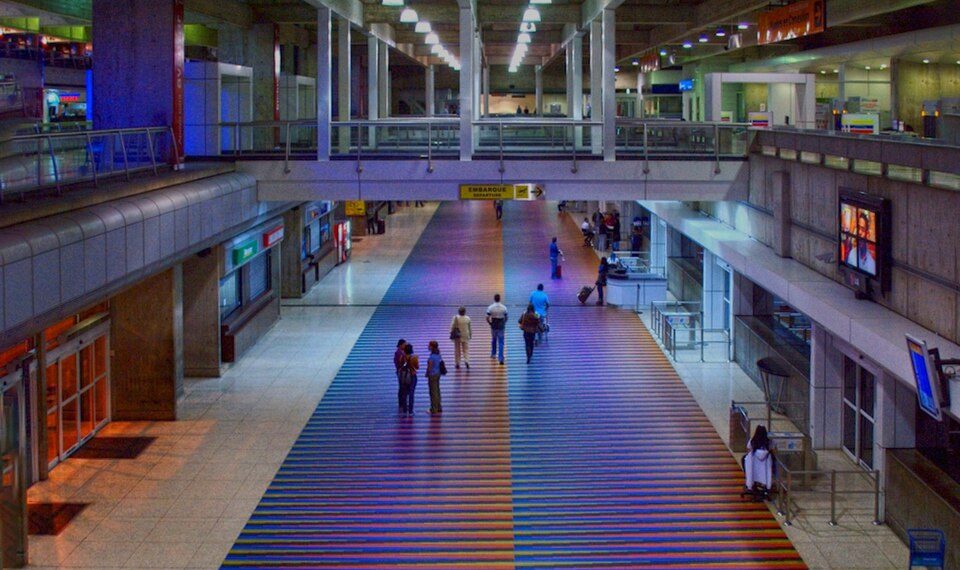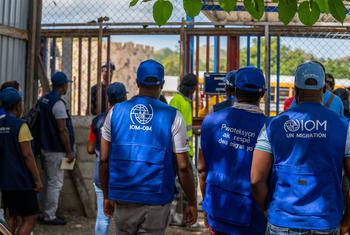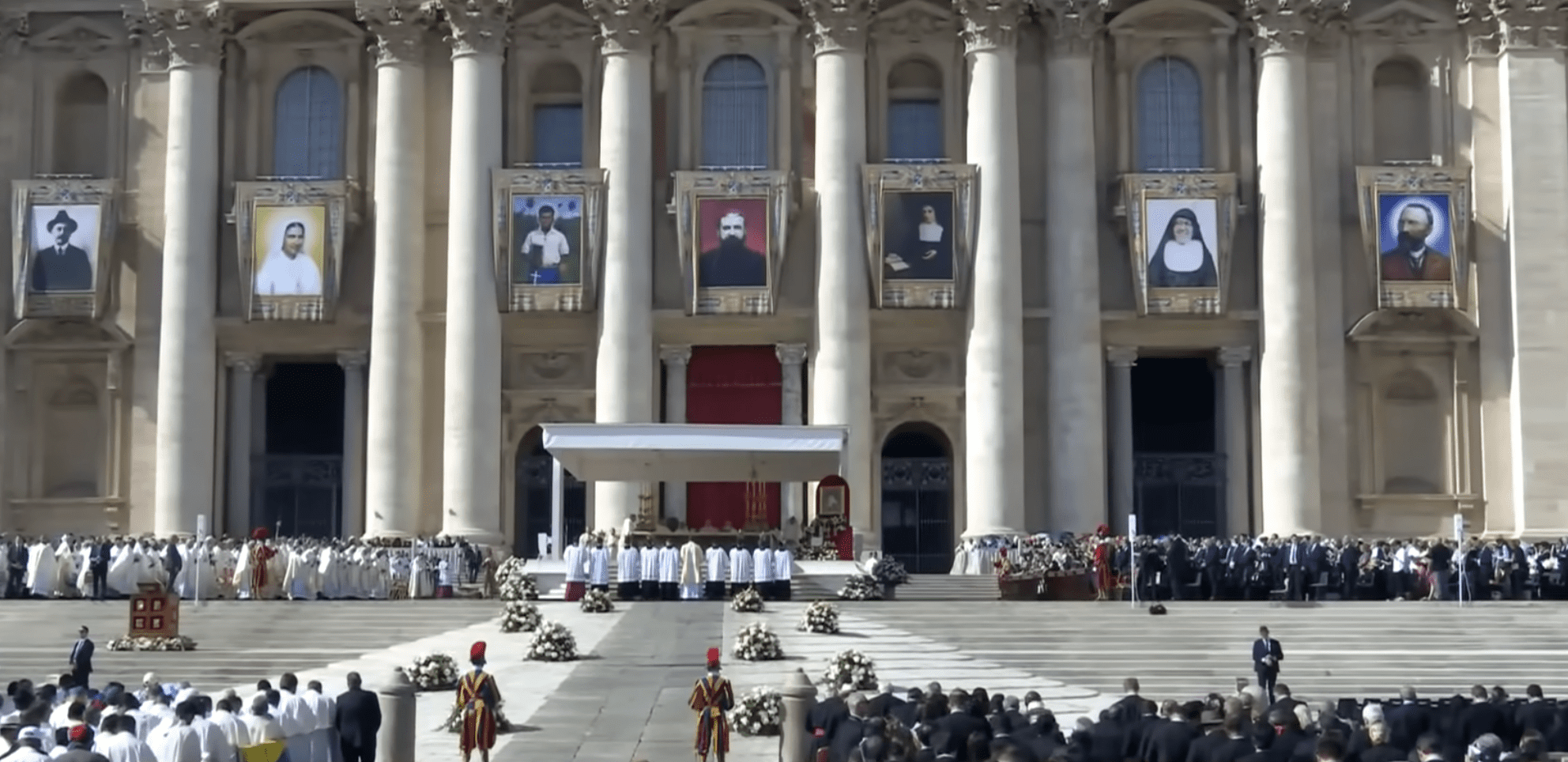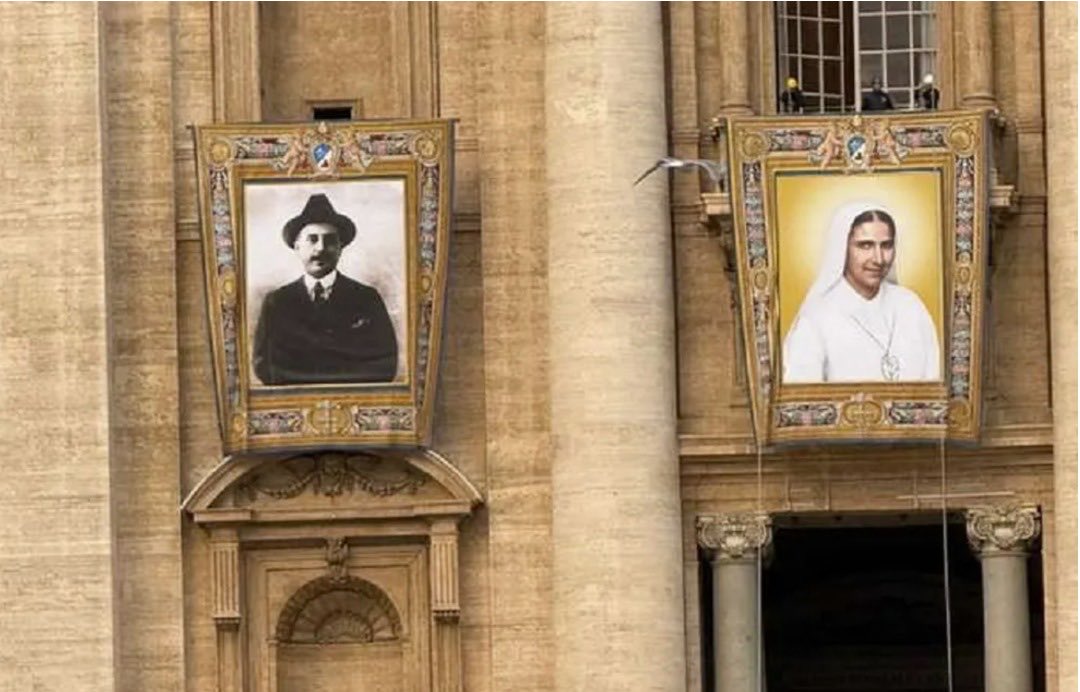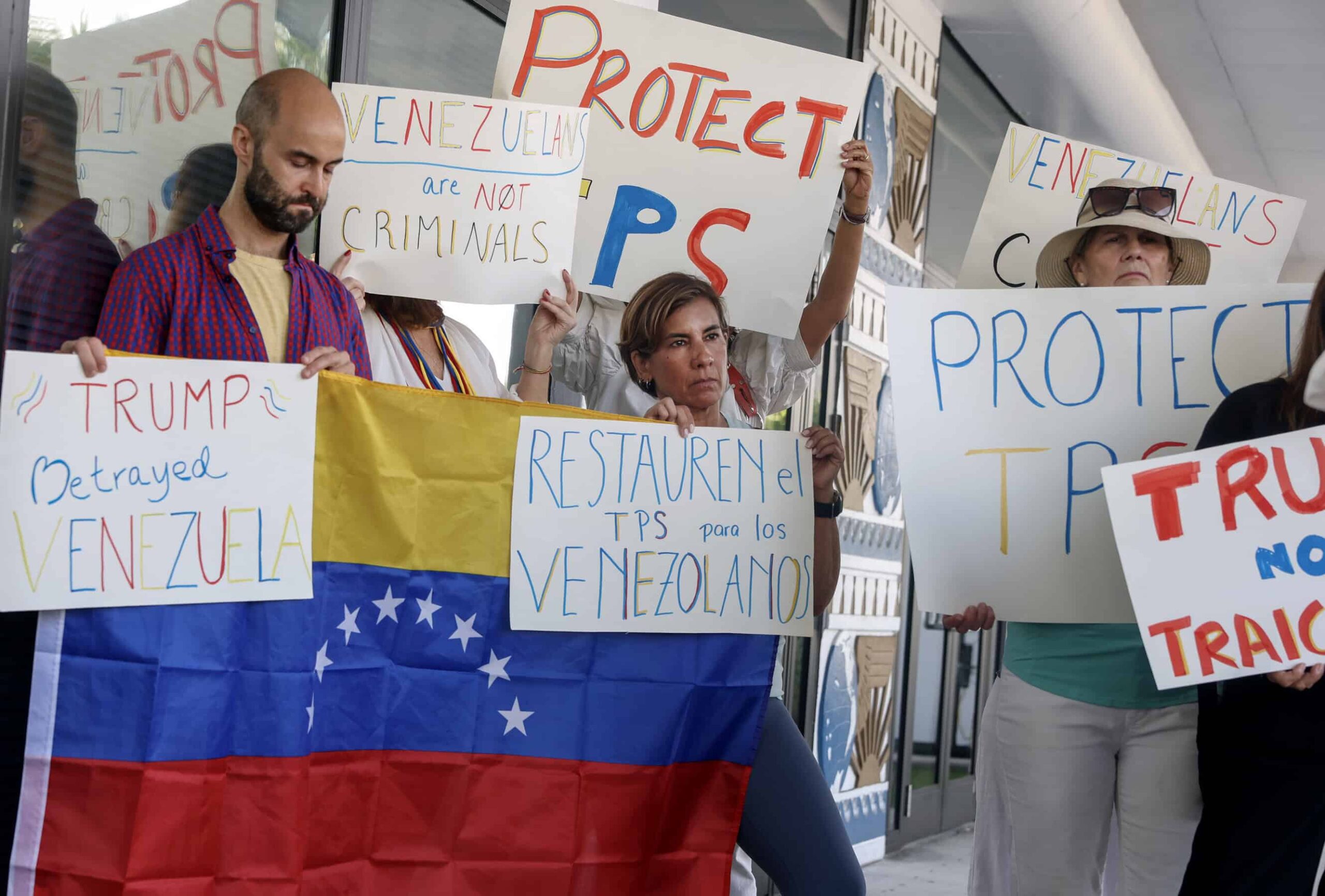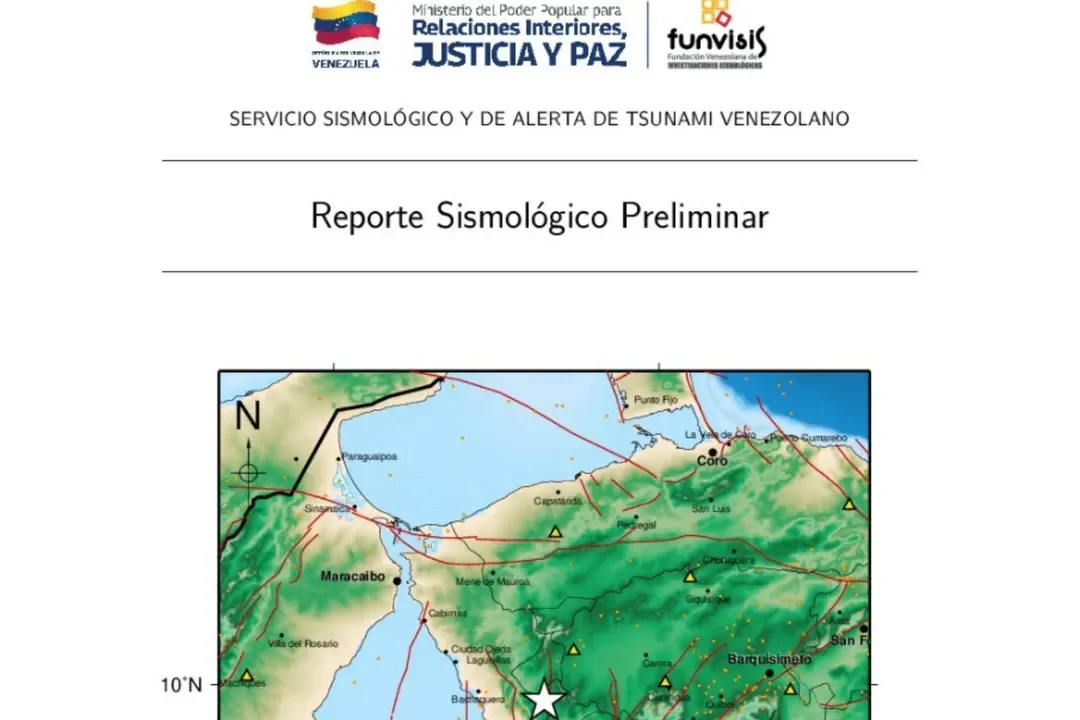Sacrament celebrated inside the Church of San José de Chacao, Caracas. Photo: Warairarepano&Guaicaipuro.
Guacamaya, April 6, 2025. Venezuela remains predominantly Catholic, but the diversity of beliefs and their influence on daily life reveal a complex landscape. The Gumilla Center Foundation recently published the study “Religious Sociography: The Religiosity of Venezuelans,” conducted in December 2024 under the coordination of Dr. Jesús María Aguirre and researcher Melanie Pocaterra. This study provides a revealing snapshot of the country’s religious panorama.
Out of 1,000 respondents, 70% identified as Catholic, 14% declared themselves Evangelical, 9% belonged to other Christian religions, and 7% claimed to follow no religion. However, when analyzing the regions, beliefs diversify. Catholicism dominates, but Evangelism leads in the Guayana Region, Northeastern Region, and other areas. On the other hand, those without religion concentrate in the Central North region.
“There are many Catholics who are also followers of Santería, and many practitioners of Santería who appeal to Catholic rites to strengthen their religious experience,” explained Father Robert Rodríguez, director of the Gumilla Center, during an interview on Shirley Radio with Shirley Varnagy.
Religious Affiliation by Age
The study reveals significant patterns in the religious affiliation of Venezuelans based on age. Catholicism, Evangelism, and other Christian religions increase in representation as people age. However, among young people aged 25 to 34, there is the highest proportion of those who do not profess any religion. Moreover, atheism is more pronounced among those under 34.
This reflects a tendency for greater spiritual connection at more advanced stages of life. However, there is a generational shift in how sense and purpose are sought, as younger people look for transcendence, sometimes outside traditional religious systems. This phenomenon suggests a potential transition in religious dynamics.
“Youth distancing is not necessarily from religion but from the institution. However, many young people reconnect with religion as they mature, especially around ages 30 or 35,” noted Juan Salvador Pérez, director of the SIC Magazine of the Gumilla Center, during the study’s presentation on Shirley Radio.
Life Priorities Influenced by Religion
Family (30%), the future (18%), and education (15%) are the main life priorities for Venezuelans, heavily influenced by their religious beliefs. Around 70.4% believe their life goals depend on these convictions, and the statement “Living life is about trying to make the most of it” received 93.5% approval.
In terms of religious practices, God tops the list of venerated figures (97%), followed by Virgins (51%), angels (37%), and saints (32%). Meanwhile, prayers are primarily focused on health (58%) and family welfare (29%). In a set of statements, 75% believe in heaven, whereas only 38% consider purgatory to be real.
“My religious experience comes from a personal encounter, not because someone else influenced me,” Pérez emphasized during the Shirley Radio interview, citing one of the survey’s key findings. Additionally, Father Robert Rodríguez noted that religion could be a force for the common good. “Faith must be accompanied by practices that benefit others,” affirmed the Gumilla Center’s director.
Approval and Challenges for the Catholic Church
The Catholic Church remains one of the most trusted national institutions (48%), alongside private media outlets (48%) and second only to universities (65%). However, challenges such as clerical pedophilia and “money-driven priests” affect its image. Among religious figures, the Pope receives the highest approval rating (31%), followed by local priests (30%).
In the political sphere, 47% perceive the Church as neutral, while 53% believe it could play a key role in national reconciliation. In contrast, institutions linked to the public sector, such as the government, armed forces, judiciary, unions, and political parties, register the lowest levels of trust.
Digital media has become a key tool in religious communication. WhatsApp leads as the preferred channel (48%), followed by television (29%) and TikTok (18%). In a context dominated by short and direct formats, religious messages are adapting to modern habits.
Religious Legacy: Between Traditions and Personal Choices
The study also highlights a vision for future generations: 49% of Venezuelans wish their children or grandchildren to remain Catholic, although 30% prefer to let them choose their spiritual path.
During the report presentation, Father Robert Rodríguez, director of the Gumilla Center, emphasized that “religious diversity in the country is not a conflict but a reflection of our multiple identities as a society.” Meanwhile, Juan Salvador Pérez, director of SIC magazine, noted that “this data not only shows us who we are but also where we might be heading as a country.”
The research, conducted through household interviews, illustrates how faith continues to shape the lives of Venezuelans in a challenging socioeconomic context. Venezuela remains a country where spirituality and religion are fundamental pillars, although constantly evolving.


